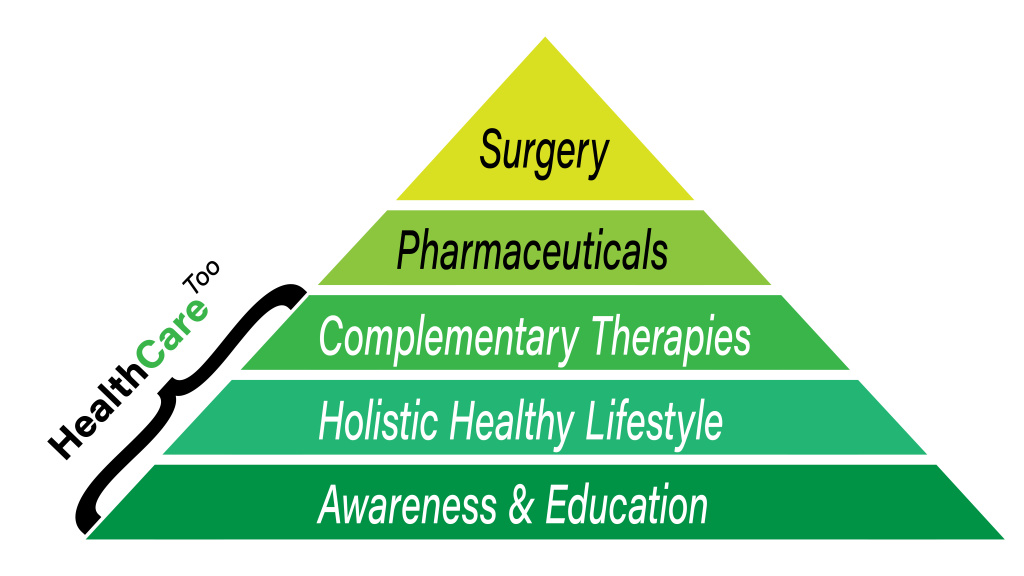Timing may not be everything but a recent small study shows that timing when you eat may have an impact. While no one at HealthCare Too is a devotee of fasting, we do appreciate that eating just before bedtime is a bad idea. Putting dinner well before bedtime and delaying breakfast (not skipping) really don’t seem that bad either. What we didn’t know was this is a form of intermittent fasting!
When it comes to health and wellness, it is all about small sustainable changes. Taking the stairs instead of the elevator, adding a handful of spinach to your morning smoothie, or meal-prepping for the week ahead. These small changes can add up to big results. And now we have one more easy tweak that might lead to a major payoff: meal timing. According to a new study, shifting when you eat might actually matter more than what you eat when it comes to body composition and health benefits.
In the study, published in the Journal of Nutritional Science, one group of participants was asked to delay their breakfast by 90 minutes and consume dinner 90 minutes earlier than usual, thereby extending their nightly “fasting window,” the time between dinner and breakfast, by 180 minutes. Participants were not told to follow any specific dietary guidelines but rather could eat freely as long as it was within the eating window. The control group was not given any restrictions on diet or meal timing. After 10 weeks, the time-restricted feeding participants had lost, on average, more than twice as much body fat as the control group. So without following a strict diet or even focusing on changing what they ate, the time-restricted group lost more body fat simply by changing when they ate.
Source: Intermittent Fasting Study: Why When You Eat Might Matter – mindbodygreen




